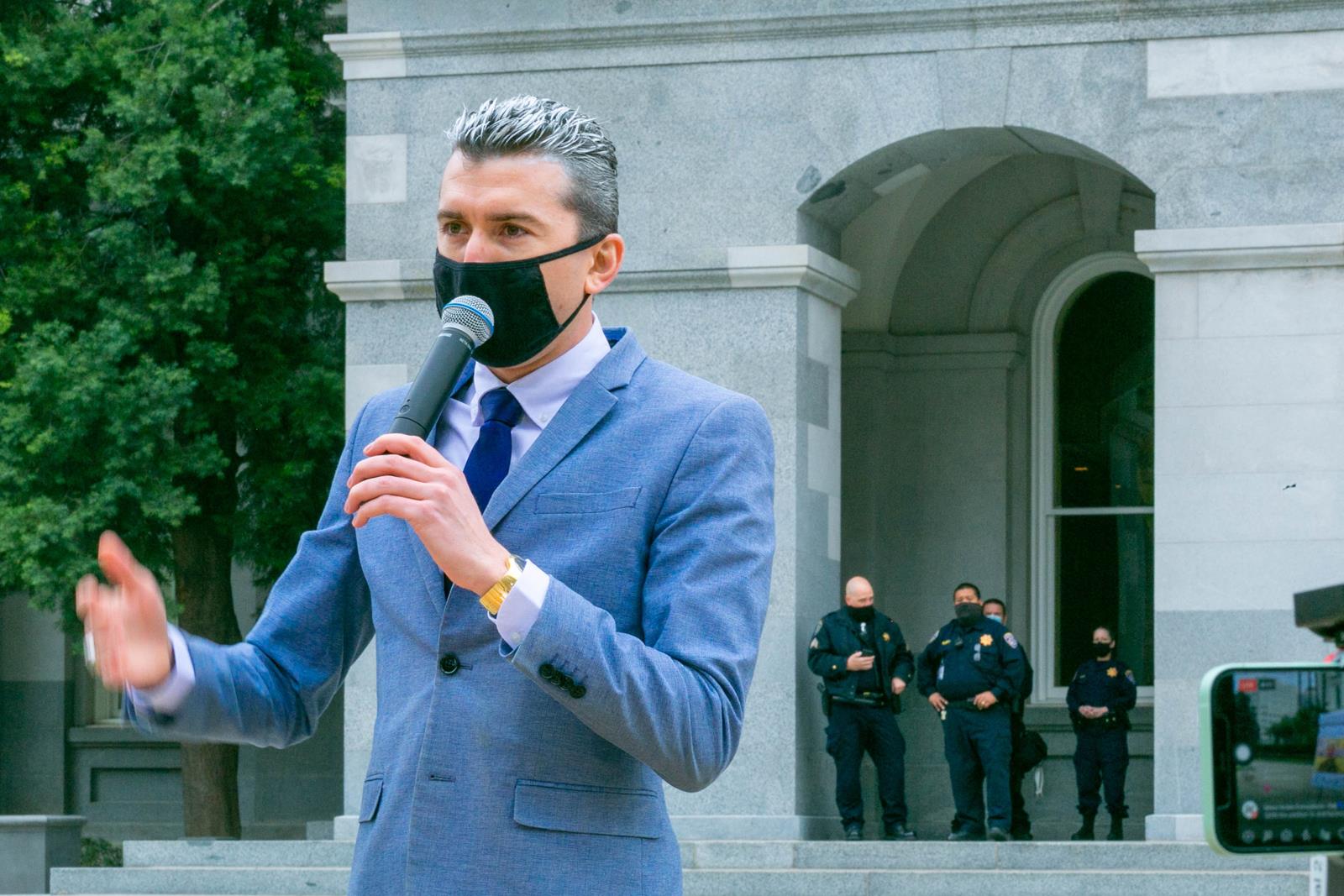Texts On Why Politics And The Classroom Are Important

Politics is the study of societal arrangements that shape the world as a whole. This study seeks to explain why political institutions and leaders tend to behave in certain ways. Politics is also an important element of modern society. At the most basic level, politics is the interaction of individuals in order to create a social order. Politics is an important element of modern society, since it governs many aspects of everyday life. A look at politics shows that it is influenced by the class factors of society.
Politics is the collection of political actions which are related to creating social order, or the distribution of wealth or status among individuals. The field of public policy studies the workings of politics in the contemporary world. The major division of an academic study of politics is known as political science.
In political science, politics attempt to explain the relationship between politics and the social institutions that support it. It attempts to explain the origins of politics in the development of modern society. Public policy is part of the larger field of social sciences known as social science research. Studying politics helps to learn about the nature of power relations in society, and how these power relationships have developed through time.
In political science, politics attempt to describe the emergence of rules that govern behavior in a society. There is an ongoing effort to explain how politics influences the selection of societal institutions. There is also an attempt to describe how the actions of individuals and groups politically affect the development of the physical world. The major focus of this study is to describe and offer explanations for the relationships between politics and individual freedom. There is also an interest in how different forms of political organization and institutions came into being, and why some political arrangements are better than others.
Within a broader perspective, politics pervades all aspects of life in modern society. There is a long history of debate concerning how politics influences societies and the way individuals interact with each other. Politics has been seen as a force that unifies various societies, nations, and cultures.
International relations research has an enduring interest in how politics and economic development interact and affect the structure of the international system. This field has examined the relationship between politics and the international monetary system, the political systems of selected countries, and the political systems of other nations. These studies have sought to determine whether political institutions serve to increase or reduce economic opportunity, and if those institutions promote or hinder socioeconomic development. The international relations research conducted by political scientists has produced and found conflicting but influential results on these questions.
The major areas of inquiry in political science and political philosophy are the philosophy of politics, laws of politics, political action, and political institutions. One can study politics at the national level, provincial level, and global level. Students pursuing specialization in political science and international relations undertake thorough research in the relevant areas. Students learn how to conduct original research, collect data, and interpret the results.
Students who choose to pursue graduate studies in political science and foreign affairs expand upon their education with research in areas not normally included in their bachelor’s degree programs. Students learn how to write persuasive essays, develop personal profiles, and cultivate contacts at all levels of government. With the exception of a handful of world-famous philosophers, every member of the academy regards its members to be the greatest political thinkers of the past two centuries.
Politics and International Relations can also be edited for content and clarity. One major area where students can make an impact is in editing “The Politics of International Organizations.” This is a collection of articles dealing with all aspects of international organizations including but not limited to peace negotiations, economic growth, human rights abuses, and terrorism. The editors specialize in different areas such as philosophy of diplomacy, theories in international public law, and diplomatic communication. Another valuable contribution to the field of politics is making clear to readers that politics does not have to be about elected officials; members of parliamentarians can also contribute to politics. Making this article clear is a powerful way to demonstrate one’s political knowledge.
Finally, students in all areas of study who are interested in politics should consider reading a book entitled “The Contest of Political Leadership: The Study of Political Systems.” This text by Martin Gibran highlights the importance of leadership and the politics of power. It examines how leaders develop and build coalitions, how they use deception to manipulate their subordinates, and how they deal with social, cultural, and other forms of media. The book also examines how politics and leadership affect each other and the larger context of power and politics in the twenty-first century.
Students interested in studying politics should consider reading a book entitled “The Civil War: A Brief History” by Shelby Foote. This text explains how the political system reacts to changing national conditions. It provides a historical examination of the development of the American political system from the Articles of Union to the Civil War. Throughout the history of the United States, civil war leaders have attempted to mould the country into a model for freedom. Shelby Foote provides a detailed account of these attempts and the role of leaders from Washington to Lincoln. He concludes that a strong civil war education is important for those seeking to understand the roots of our political culture.